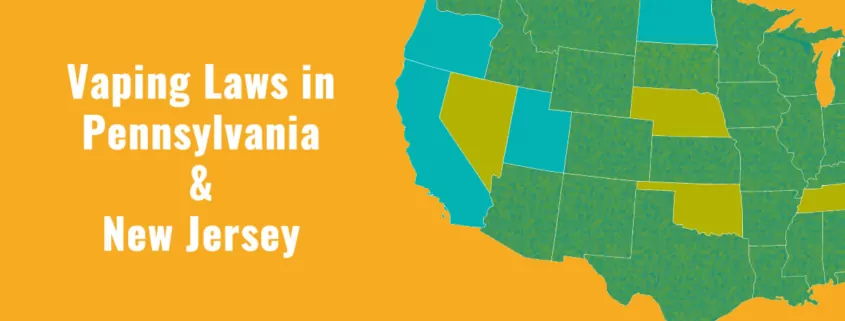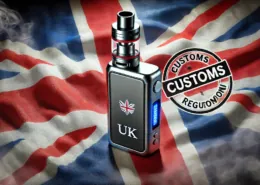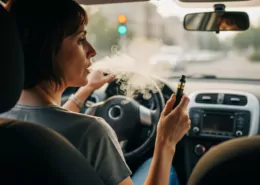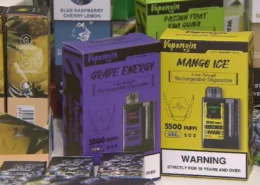Vaping Laws in Pennsylvania and New Jersey Explained
Vaping, also known as using electronic cigarettes or e-cigarettes, has become a growing concern for parents, educators, and health professionals in recent years. As more young people engage in this practice, it’s essential to understand the legal landscape and potential health risks associated with vaping in Pennsylvania and New Jersey.
Vaping Regulations in Pennsylvania
In Pennsylvania, e-cigarettes are defined as any electronic oral device that provides a vapor of nicotine or any other substance, simulating the act of smoking. This broad definition encompasses various devices, including vape pens, e-cigars, and e-pipes.
Key points about Pennsylvania’s vaping laws:
- The sale of e-cigarettes or vapes to anyone under 21 (or under 18 for military members and veterans) is strictly prohibited.
- Self-service displays of vapes are restricted to tobacco stores.
- Vending machines for e-cigarettes are not allowed in locations accessible to persons under 21.
- Stores must obtain retail licenses to sell e-cigarettes and vapes.
- Vaping is prohibited in Pennsylvania schools, school vehicles, and on school property owned or leased by a School District.
While Pennsylvania’s Clean Indoor Air Act has not been amended to prohibit vaping where smoking is banned, Philadelphia has implemented a city ordinance that does so. The city also restricts non-tobacco flavored and high-nicotine vapor products to adult-only stores.
Vaping Regulations in New Jersey
New Jersey’s vaping laws are similar to Pennsylvania’s, with some additional requirements:
- The sale or distribution of e-cigarettes or vapes to anyone under 21 is prohibited.
- E-liquids may only be sold at retail establishments licensed with the state.
- Businesses selling vapor products must also stock at least one type of nicotine replacement therapy drug or device.
- A special retail license or permit is required to sell e-cigarettes.
- The use of electronic smoking devices or vapes is prohibited on all school grounds and any other place where smoking is banned under New Jersey’s Smoke-Free Air Act.
Health Concerns Associated with Vaping
Beyond the legal considerations, parents and students should be aware of the potential health risks associated with vaping. A 2019 study found that long-term vaping puts people at a higher risk for respiratory disease compared to those who have never smoked. The e-liquids used in vaping devices can be dangerous if swallowed, inhaled, or absorbed through the skin.
According to the CDC, over 2,800 people were hospitalized with complications related to vaping in 2021 alone. Vaping often involves large doses of nicotine, which can slow brain development in children and teens. Additionally, secondhand smoke from vaping contains thousands of chemicals, many of which are toxic or carcinogenic.
Conclusion
Vaping presents a significant health problem for young people in Pennsylvania and New Jersey, with risks that extend far beyond potential fines and legal consequences. Parents and students should familiarize themselves with the vaping laws in their respective states and take steps to educate themselves about the potential health impacts of this practice. By working together, families, educators, and healthcare professionals can help combat the growing vaping epidemic and protect the well-being of our youth.
- Is It Illegal to Vape or Smoke While Driving in Massachusetts? - August 5, 2025
- Austria Plans to Ban Disposable E-Cigarettes - August 5, 2025
- Vaping vs. THC Drinks: Which Cannabis Option Is Right for You? - August 4, 2025








